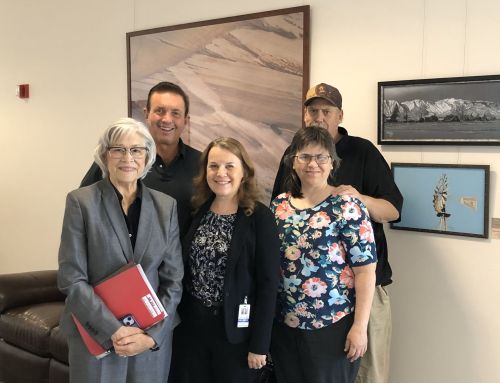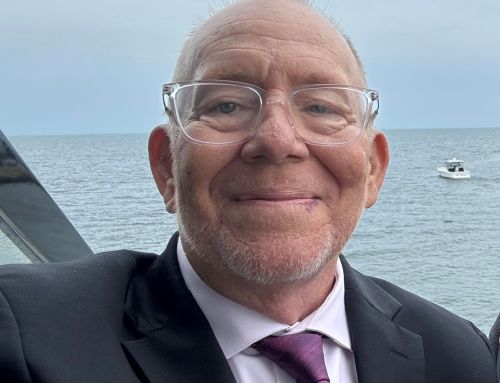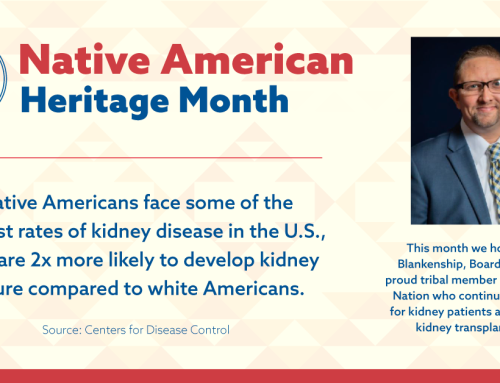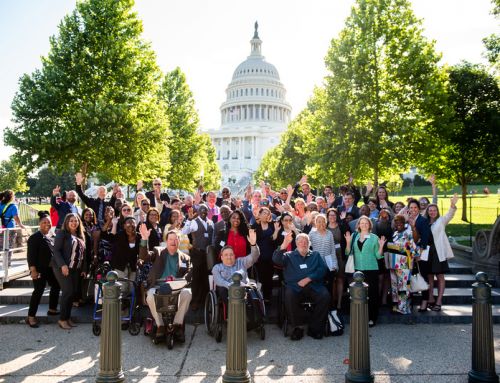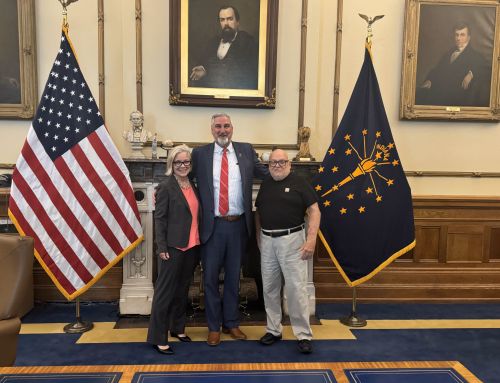Federal policymakers have long grappled with the problem of better coordinating care for Medicare beneficiaries. As the Medicare Payment Advisory Commission has noted, “Gaps exist in care coordination in fee-for-service Medicare because of the fragmentation of service delivery, the lack of tools to help communicate across settings or providers, and the lack of a financial incentive to coordinate care.” Part of the problem is that the Original, or fee-for-service, Medicare largely froze in place mainstream medical and insurance practices as they stood in 1965, when the program was created.
Many health policy thought-leaders believe that the problem of uncoordinated care has been “solved” by integrated delivery systems such as Kaiser-Permanente or Group Health Cooperative of Puget Sound. They contend that these managed care systems, which offer comprehensive care across a spectrum of settings, have the incentives and the wherewithal to deliver care efficiently and to intervene early to prevent avoidable complications. That is primarily because their physicians get to keep more of the insurance premium dollars if they prevent patients from getting sick and going to the hospital for more costly acute care.
But a key tenet of Original Medicare is the ability of patients to choose any physician or facility, something that cannot be done in a closed system like Kaiser. So Congress and Medicare administrators have exerted considerable efforts to find a midpoint between fragmented fee-for-service and restrictive managed care—a compromise that would preserve patient choice while aligning provider incentives so they earn more from keeping patients healthy than from treating patients who get sick.
To some degree, dialysis patients are closer to this midpoint than other Medicare beneficiaries because nephrologists and dialysis facilities receive “bundled payments.” The bundled payment promotes greater efficiency and can benefit patients by, for instance, making it less likely they will have to repeat medical histories or tests. But these arrangements do not make any entity accountable for the total cost of care, so no provider is financially at risk for the cost of an avoidable hospitalization the way a Kaiser physician is.
The policy solution that is currently in favor is the Accountable Care Organization, or ACO. An ACO is a group of physicians who agree to coordinate the care of a defined panel of Medicare patients and hold the total cost of their care within a budget target. If those patients’ costs come in below the target amount, and quality and patient satisfaction meets benchmarks, the physicians get to keep the lion’s share of the savings. In this arrangement, their financial incentive is similar to that of the Kaiser-Permanente doctors, so there is also an incentive to build the same type of care coordination infrastructure used by integrated delivery systems. This can include such elements as electronic health record systems, hiring care managers or “health coaches,” or using remote monitoring technology to track patients’ health.
Critics have noted that the main benefit of ACOs is also its main flaw: since patients never enroll in an ACO like they would in a managed care plan, they retain the right to see any provider whether he/she/it is part of the ACO or not. This maintains patients’ freedom of choice, but severely complicates the ACO’s ability to engage patients in their care. Some commentators suggest that patients need to be able to share in savings from avoided complications too.
Some kidney patients may be “attributed” to an ACO because they have seen a physician who belongs to one (only physicians belong to an ACO—patients are “attributed,” meaning that a computer algorithm uses claims data to count their expenditures toward the ACO budget). Being attached to an ACO this way should be beneficial to an ESRD patient since, as one of the more costly patients in the pool, he or she can expect to receive coordinated care. However, since ESRD patients are likely to be just a small percentage of patients attributed to the ACO, care coordination activities specific to kidney disease may not take place at a scale they would if the ACO exclusively covered ESRD patients.
Currently, Medicare is developing an ACO project that focuses exclusively on dialysis patients, called the ESRD Seamless Care Organization (ESCO). Next month, the second part of this article will review past and current care coordination programs tailored to treat kidney disease and discuss how ESCOs might improve care for dialysis patients in the future.









